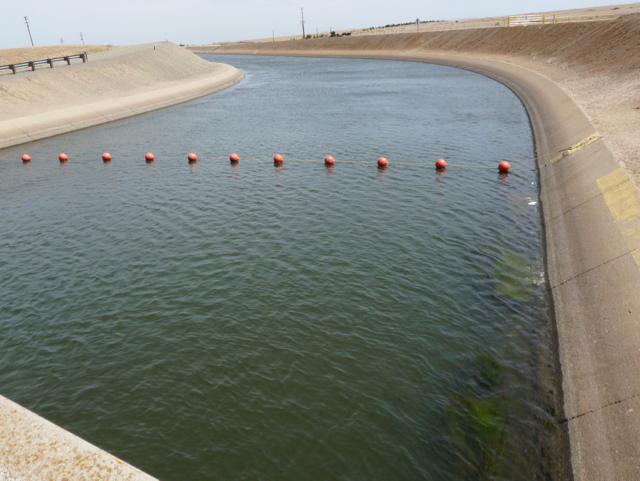
Big Study Shows Loss to Central Valley Economy with Loss of Water
By Patrick Cavanaugh. Farm News Director
A new study entitled, “The Implications of Agricultural Water for the Central Valley,” by Dr. Michael Shires of Pepperdine University, shows the economic implications of water in the Central Valley, and the potential outcome of continued water reductions in agriculture.
Agriculture is a major part of California’s economy, and this study illustrates both the outcome of increased water allocation and the potential growth that would come with it, or what could happen to the economy if this decline continues. This continued loss of water would result in a huge increase in the unemployment rate. Fresno would require 6.2 billion in solar farm investment annually to replace agricultural jobs that would be lost.
Johnny Amaral is the Deputy General Manager of External Affairs of the Westlands Water District. We spoke with him about Dr. Shire’s study, and what it means for the Central Valley. Shires is an economics professor at Pepperdine.
“He’s been involved for years, and has done economic reports and studies for other organizations and other groups with a particular interest in how public policy affects the economy and certain industries,” Amaral said. “And a couple of years ago, we started working with Dr. Shires in this debate over public policy as it relates to water.”
A lot of false information circulates about water use and agriculture. Most of this misinformation leads to a general negative opinion about agriculture, especially when it comes to water use.
“We’re constantly dealing with misinformation, deliberate misinformation about water policy, about agriculture,” Amaral said.
“You hear all the buzz words all the time about ag uses 80% of the water, which is not true. We’re constantly dealing with misinformation, so we thought it would make sense to have a document put together, a study done to show just what agriculture means to the Central Valley and to the state,” Amaral said.








